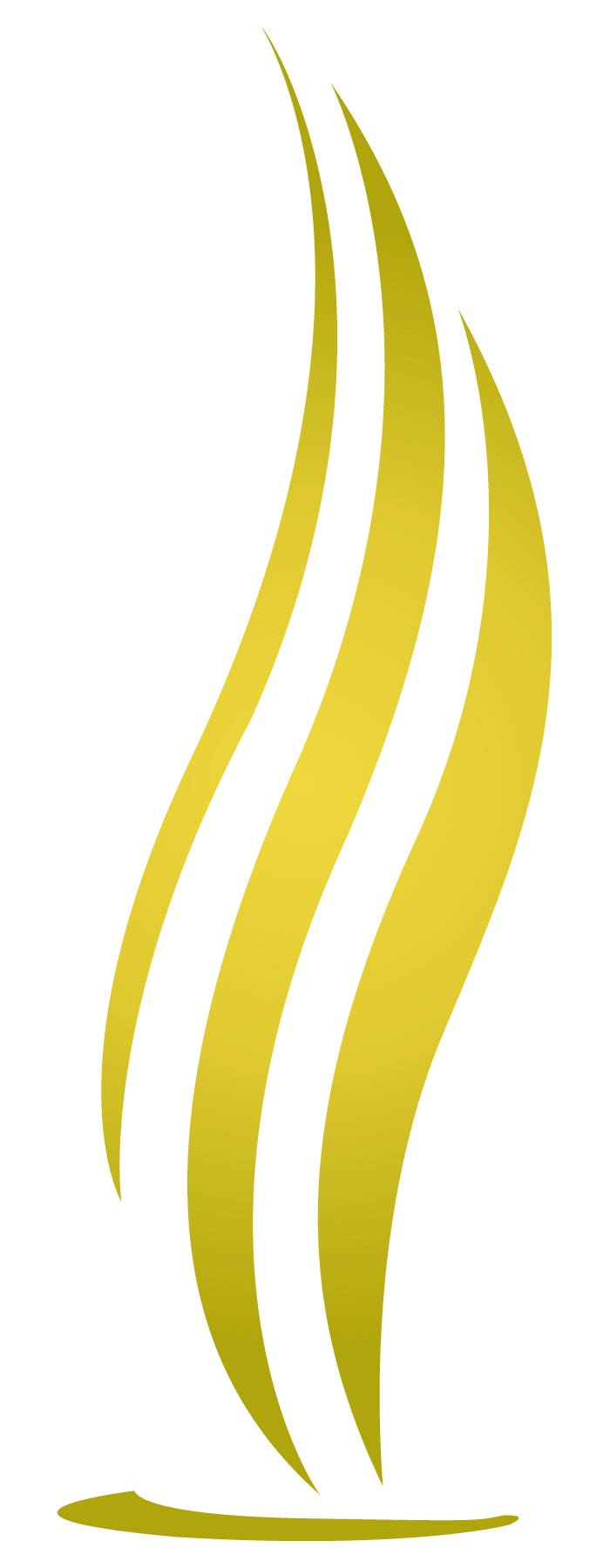Computing
Computing enables students to develop their digital literacy skills allowing students to become autonomous, independent users of computing technologies, gaining confidence and enjoyment from their activities. Understanding and utilising computer science and information technology in a safe learning environment equips our students with the ability to interact with the digital world across the curriculum allowing them to harness the power of technology.
How do we ensure academic rigour in our computing curriculum?
- Students are taught to understand and apply the fundamental principles and concepts of computer science, including abstraction, logic, algorithms, decomposition, computational thinking and data representation.
- Students acquire skills which allow them to express themselves and develop their ideas through engagement with a variety of software programmes. They can identify the most appropriate software to use in order to meet the desired outcome, and can utilise it to its full potential.
- Students develop practical skills in the safe use of ICT and the ability to apply these skills to solving relevant, worthwhile problems, for example understanding safe use of Internet, networks, email and social media.
How do we nurture and develop our students through our computing curriculum?
- Students are encouraged to apply their knowledge, evaluate and review when attempting to reach a particular outcome. We nurture skills such as communication and collaboration.
- Students are exposed to increasingly complex and challenging real-life problems that they need to engage with that allow them to develop their skills within the context of the ever-developing digital world.
- Computing offers mathematical, logical, and creative opportunities to succeed and demonstrate potential which ensures that all students are able to develop
How do we promote social action and courageous advocacy through our computing curriculum?
- Students are taught how to engage with and use digital devices, technology and social media appropriately and safely to communicate with their friends and the wider community. Students understand how they can use social media to influence an audience in a positive manner.
- Students know how to identify, question and challenge the source of news and facts so that they are able to call-out inaccurate and misleading information.
- Students have the skills and abilities to use their computing knowledge to publicise, gain opinions, share ideas, engage an audience. This allows students to communicate their ideas in a positive and fair manner. Students can understand the views of others and be able to discuss the potential similarities and difference to gain a positive outcome.
